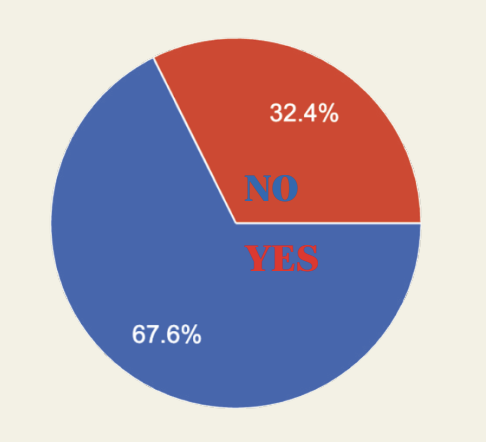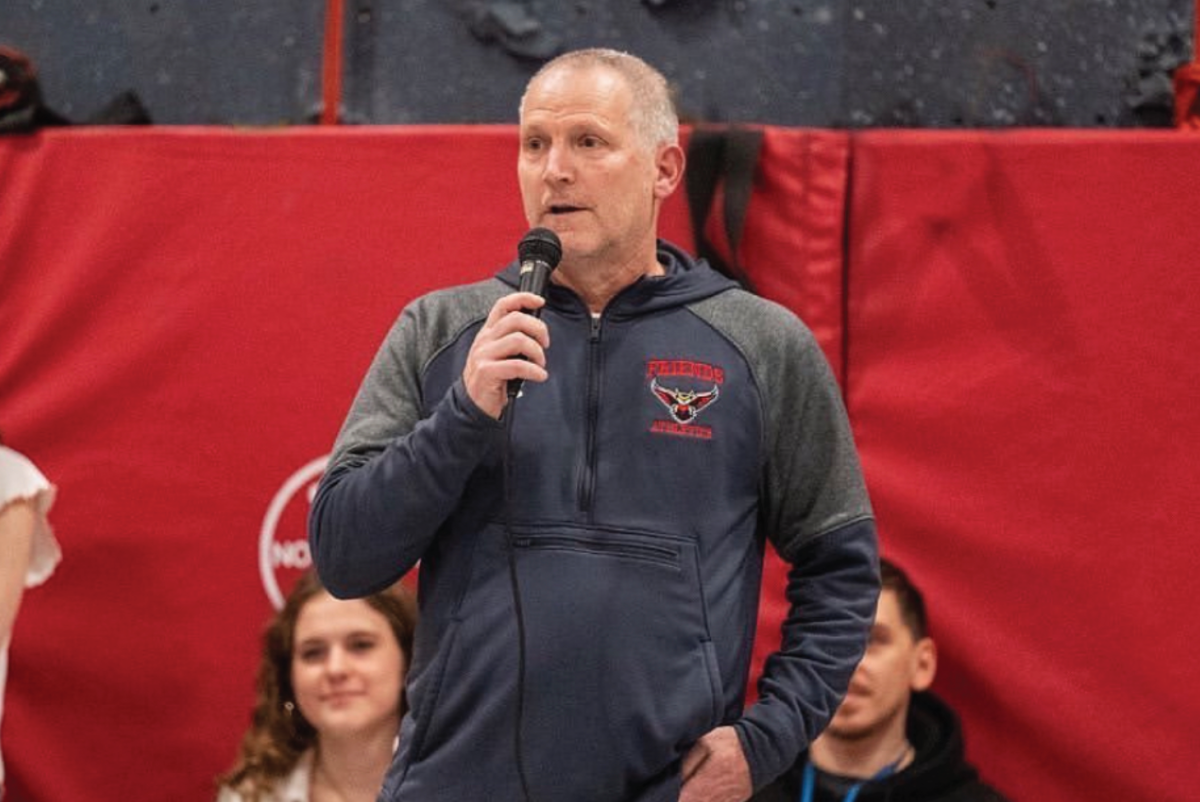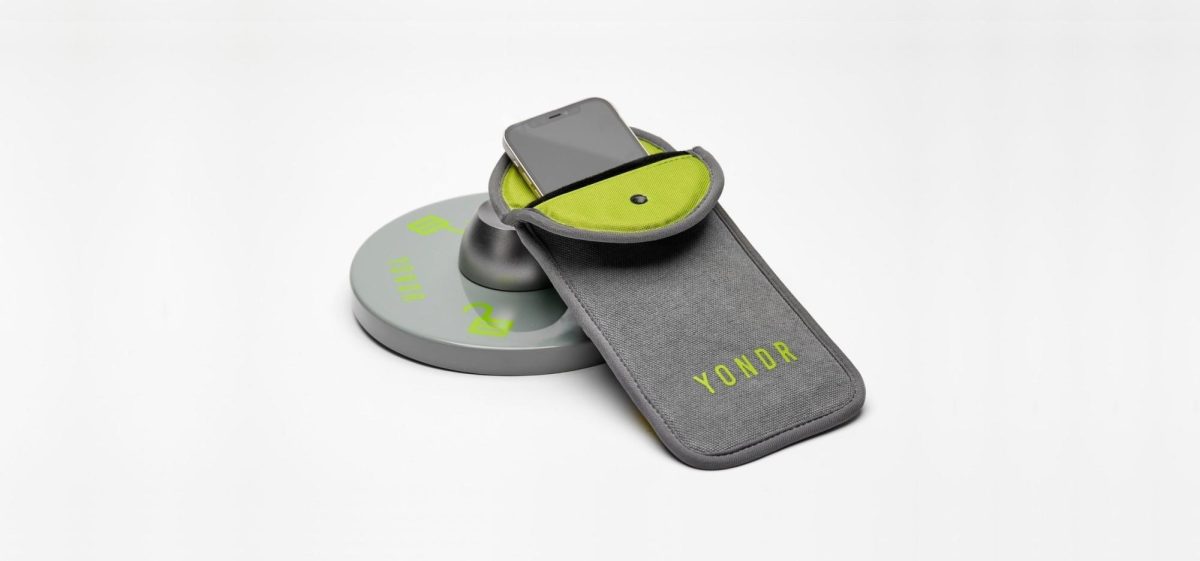The world that the characters of Foe inhabit seems far in the past, millenia in the future, and uncomfortably familiar with the state of today’s world and AI’s ever-growing abilities. The film exudes the same eeriness of movies such as Interstellar and Nope, which strive to depict an unthinkable future with growing societal and climate issues that take up our everyday lives. But unlike these movies, which strongly warn against the issues they tackle, Foe leaves us wondering where it stands. Is it an approving ode to AI, or is it a warning, trying to terrify audiences of AI’s detrimental effect on our own humanity?
Based on Ian Reid’s 2018 novel, Foe’s announcement was nothing short of thrilling. Starring two of Ireland’s most prominent actors, Saoirse Ronan and Paul Mescal, and directed by Garth David, anticipation spread like wildfire. In the film, Hen and Junior, a young married couple, have established their lives on Junior’s family’s small farm. The story is set in the Midwest in 2065—a harsh and bare landscape resembling that of the American Dust Bowl. At night, galaxies glimmer in the sky above, as though earth and space are slowly colliding. From the moment we meet the protagonists, it is clear that Hen and Junior’s marriage is slowly falling apart. They do not sleep in the same room, and their communication is limited.
The film’s plot picks up within the first five minutes, as a stranger arrives at their front door in the dead of the night. Terrance (Aaron Pierre), a recruiter from OuterMore, an aerospace company, informs Junior that he has been selected to work on a large space station that orbits planet earth for two years. While Hen appears numb to their potential separation, Junior seems more concerned about leaving Hen and their stagnant life behind. Terrance explains that upon Junior’s departure, he will be replaced by an AI replica of himself to keep Hen company. The catch? Terrance will have to live with the couple, constantly recording information that will help create the most accurate AI duplicate of Junior.
The couple has one year to live by themselves before Terrance returns and begins his stay. Within that time frame, the marital tension fades. Hen and Junior’s relationship starts to return to what the audience can imagine it once was. They are affectionate with each other, and they work their bland jobs during the day and roam around the Midwest landscape during the afternoon, enjoying each other’s company. They are happy, but David’s direction never lets us sit comfortably in the bliss. A year later, Terrance makes his promised return, and chaos soon descends onto their lives.
In many ways, Foe accomplishes its job. Cinematographer Mátyás Erdély shot a masterclass in storytelling through images, often outshining all other factors of the film. Together, Ronan and Mescal deliver performances of incredible depth and humanity. Although their American accents are often inconsistent, they are constantly bettering the other’s performance. They never lose each other, and in turn the audience never loses or wants to lose them. The screenplay is where the film weakens. Often dialogue sounds slightly inhuman and out of place, and only sometimes can Ronan, Mescal, and Pierre make up for the lapses in writing. Foe’s script forgets that although it may exist in the future, the characters are still existing on planet Earth, and in turn the words they speak must reflect that.
But Foe seemingly fails where it seems most crucial that it succeeds. It never answers its own question, and the one that I am left with. Is AI beneficial or terrifying? Maybe in a different time period, the uncertainty of Foe’s message on AI would seem appealing, and conversational. However, with a society that desperately wants to be told how to feel about AI, Foe’s ambiguity does not satisfy an audience looking to be told how a future dominated by AI will unfold.















